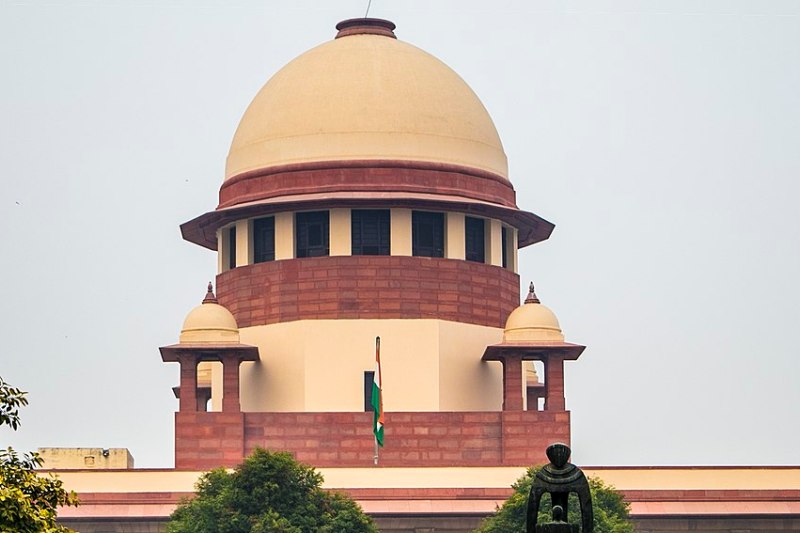
India’s central bank has banned financial institutions from dealing with cryptocurrency exchanges, in what some Indian enthusiasts described a restrained first step towards imposing an outright ban on the virtual coins that have recently exploded in popularity in the country.
The Indian regulator moved on Thursday to restrict its banks and similar service providers from Bitcoin transactions, citing concerns about money laundering and a threat to financial stability.
The action comes as monetary authorities around the world have begun to confront the issue of cryptocurrency, which in part was driven by intense demand from India.
The Reserve Bank of India (RBI issued the notice curtailing financial institutions’ involvement with the digital asset, saying the step was needed as the central bank “has repeatedly cautioned users, holders and traders of virtual currencies, including Bitcoins, regarding various risks associated in dealing with such virtual currencies.”
The statement further reads: “in view of the associated risks, it has been decided that, with immediate effect, entities regulated by RBI shall not deal with or provide services to any individual or business entities dealing with or settling VCs. Regulated entities which already provide such services shall exit the relationship within a specified time. A circular in this regard is being issued separately.”
The local media quoted RBI Deputy Governor BP Kanungo as saying that all regulated entities have to cut ties with any individual or businesses dealing with bitcoin or other cryptocurrencies “within three months.”
India’s finance minister recently appointed a dedicated panel that was tasked with examining the existing framework of cryptocurrencies and to come up with measures for dealing with the digital assets.
The panel has yet to decide on how the government can consider bringing in legislation to stop crypto transactions and which body will have regulatory oversight over the market.
However, another government committee has recommended that India’s authorities take immediate steps to shut down the country’s cryptocurrency exchanges, saying that the use of Bitcoin and other such coins could result in a breach of anti-money laundering provisions.
Participants in India’s bitcoin market expressed their disappointment as they were hoping for some form of a legislation to regulate the activities of local exchanges.
Sohail Merchant, CEO of Nasik-based bitcoin wallet and platform PocketBits said the action is “nothing new,” as the Indian Crypto Exchanges do not have banking relationships after most banks already ceased crypto related transactions several months ago.
He added: “some exchanges are working with a couple of banks and most are working with third party payment gateways. While it should be noted that the Payment gateways also rely on banks to settle payments hence they come under the same purview. Payment gateways might not be the long term solution but they are functioning well as of now.”
(Photo: Wikimedia Commons)

